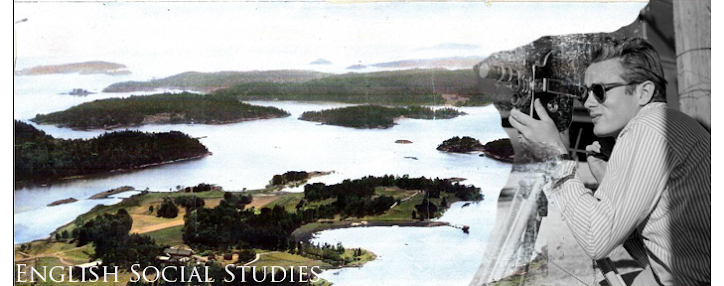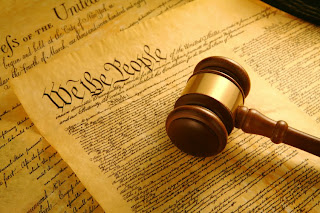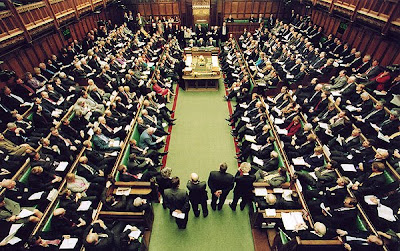
(Left: Sean Penn. Right: Harvey Milk)
“Milk” (2009) is a biographical film about the first openly gay politician to become a member of San Francisco Board of Supervisors, Harvey Milk, and his life as a lesbian, gay, bisexual, and transgender rights activist (LGBT).
The plot takes us back to the seventies, more precisely 1977, when Harvey Milk (Sean Penn) was elected to the San Francisco Board of Supervisors. Being the first openly gay man to be voted into public office in America, Milk did not only make a huge impact on gay rights, but did as well for human rights in general. The film follows Milk in both his political and personal life, where we are introduced to characters such as Milk's significant other, Scott Smith (James Franco), the young activist Cleve Jones (Emile Hirsch) and Dan White (Josh Brolin), only to mention a few.

Harvey Milk's fight against discrimination, made him a hero across the U.S.A, until his unfortunate death in 1978, in which he became assassinated.
The film tells a powerful story about a huge part of American history, if not also history world wide. About how the homosexuals fought for their rights, and how this story was the beginning of a bright future for many people world wide.
Unfortunately, we did not get to see the whole movie in class, but I would like to see the rest one day, noting that I did get a good impression of it so far. This movie should certainly be considered one of most likely many important movies people should watch.

Trailer to the movie: (CLICK HERE)







